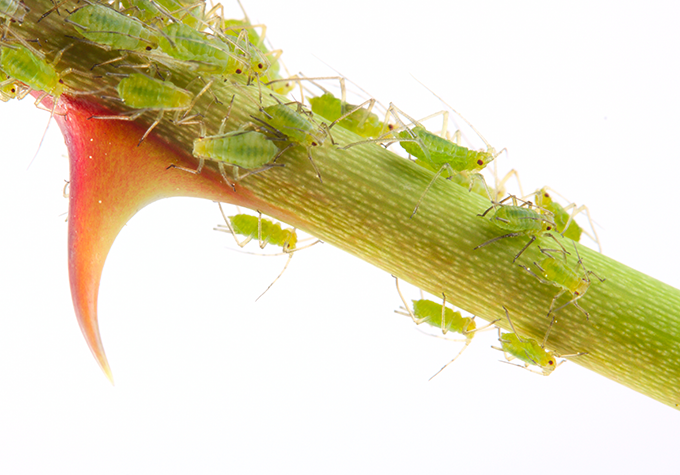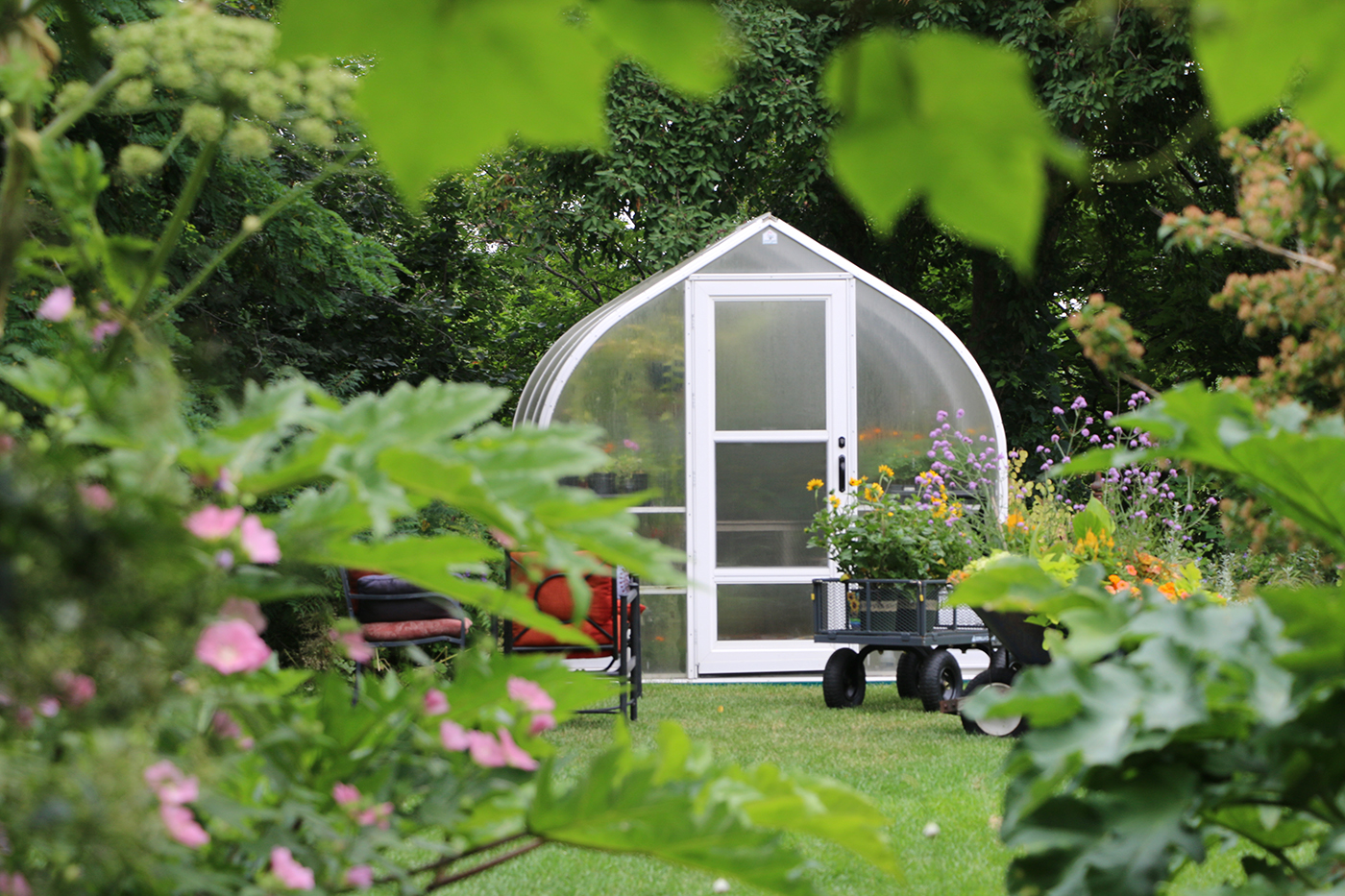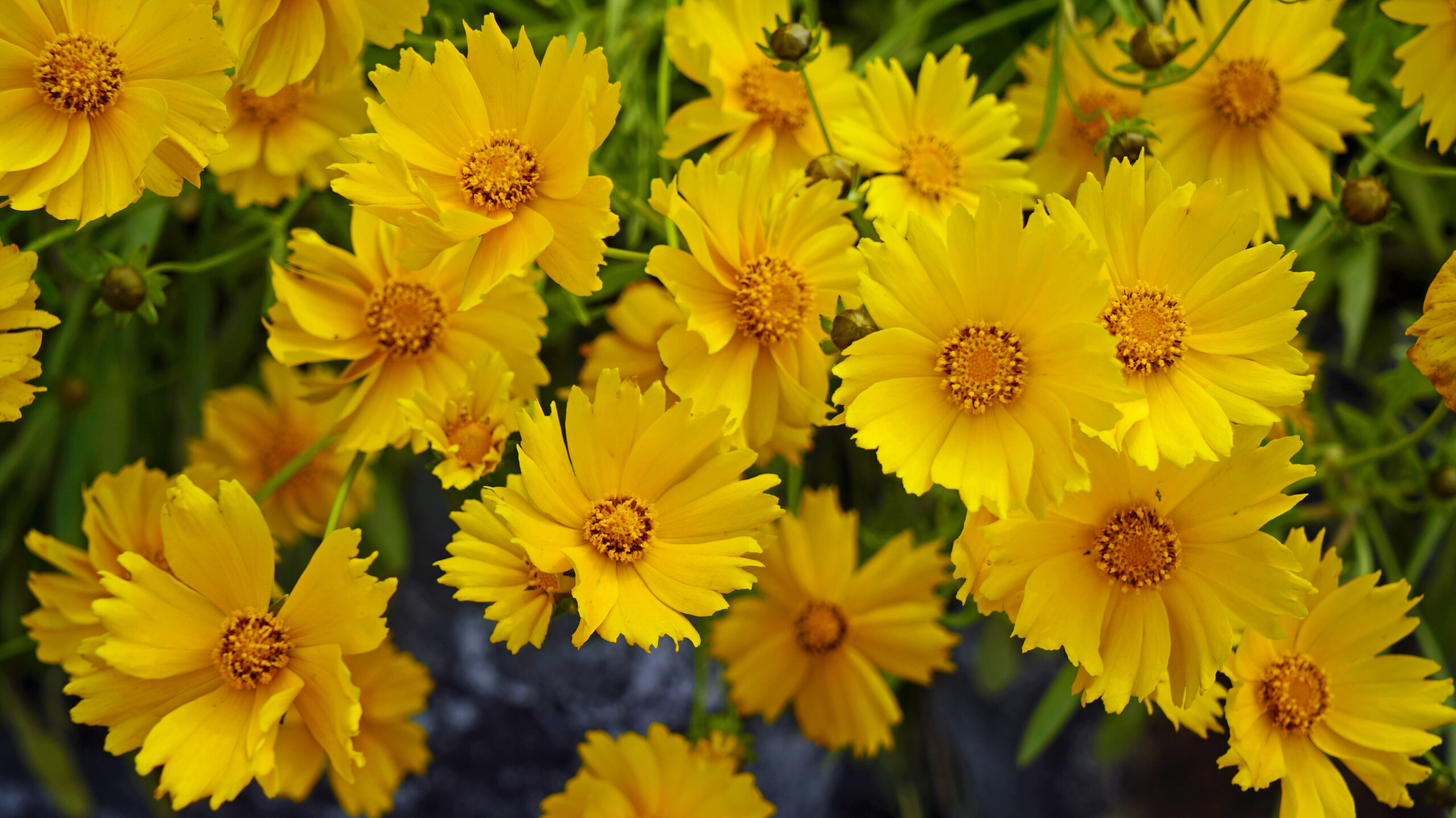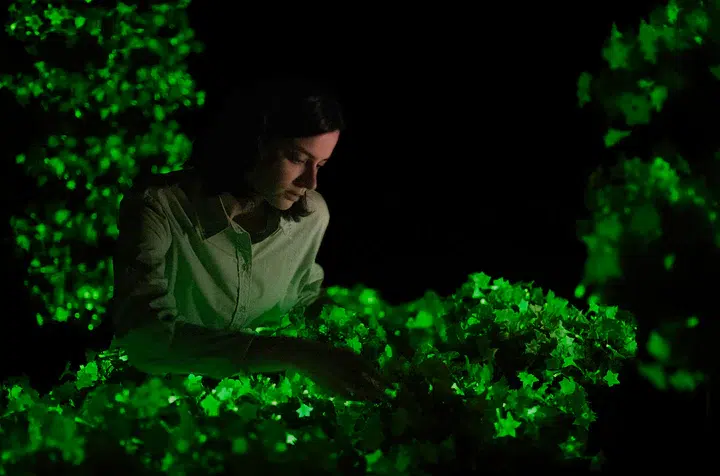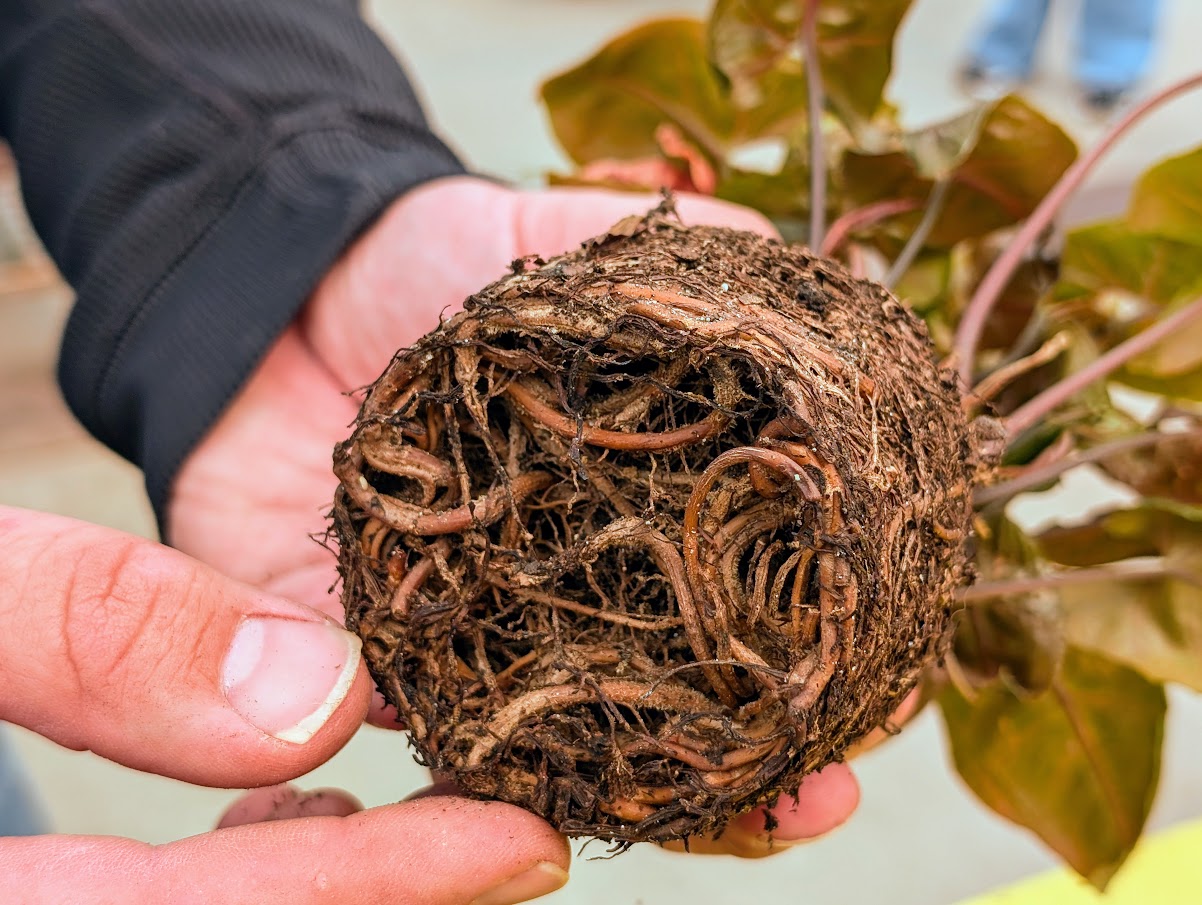Return the love with these basic planting tips and techniques.
It’s a shame that growing roses intimidates a lot of gardeners. These beautiful flowers aren’t the divas you might think! Sure, they have a few likes and dislikes, but don’t we all?!
There are thousands of beautiful roses to choose from at Tagawa Gardens every spring. Our annual Night of Wine and Roses on the third Friday of April is held in their honor. We always have lots of rose experts on hand to offer suggestions and advice. So if you’ve been timid about trying roses in the past, now is the time to be bold!
Match the rose to the location and the location to the rose.
Roses need sun…. at least six hours of sun every day. There’s no way around it. Too little sunlight will mean smaller and fewer flowers, and quite possibly a weak plant that’s an easy target for insects and disease.
Some strains of roses are tougher than others. Shrub roses, for example, can perform well in more challenging conditions while the hybrid teas do best with a good deal of pampering. And while roses can be thirstier than some other garden plants, none of them wants to sit in low-lying soil that stays soggy.
Feel free to take pictures of your yard and share those with the staff in our rose department. They’ll be happy to help guide you toward the plants that are best suited for your location.
First stop for your new rose: training camp!
Roses from Tagawa Gardens get lots of T.L.C. from our staff as they’re growing. But life in our garden center and life in the real world of your yard are very different, so toughen them up gradually before you plant them. It’s called “hardening off” or “acclimating” your plant.
Any and all landscape plants that have been growing indoors should be hardened off over the course of six to eight days before they go in the ground. Introduce them to their new world gently, leaving them in an area sheltered from sun and wind for three or four days. Gradually expose them to more “real world” conditions over the next few days. This training will help ease the transition into their new outdoor home. It can make a huge difference in how well the plants adapt and begin to thrive.
 The perfect planting hole
The perfect planting hole
Ideally, the planting hole for your new rose should be three times wider and a few inches deeper than the pot it’s been growing in. Tagawa Gardens recommends that roses be planted three inches deeper than they were growing in their nursery pot. This will give winter protection to the temperature-sensitive “bud union” on grafted roses.
Refill the planting hole with a mixture of compost and soil. A mix of one-third compost to two-thirds soil is good for clay soil. In sandy soils, use a mixture of 50/50 compost to original soil. Tagawa Gardens highly recommends Nature’s Yield compost to help your new roses thrive.
Here comes the tough part….
No doubt you bought your rose from Tagawa Gardens because of the promise of beautiful flowers. But before your rose delivers its flowers, you have to invest in the plant’s roots. That means your rose bush is going to need a hard pruning when you plant it.
So, take a deep breath, grab your clean, sharp pruners and cut back half of the plant’s top growth. Ouch! I know. But by removing half of the top growth immediately, you’re channeling the plant’s energy into its root system. That will pay off big time in the weeks to come. A deep, healthy root system will make for a stronger more beautiful plant in the long run.
During the first season: Water? Yes! Fertilizer? No!
Fertilizer stimulates lush top growth. But that’s not our priority for our rose bush’s first season. Again, our focus the first is the roots, so hold off on the fertilizer ‘til next year.
Concentrate on deep watering your rose. These plants routinely need up to three inches of water a week. Water your rose thoroughly when you first plant it, and then deeply, but less frequently after that.
Insert a trowel just outside the root system to create a narrow opening where you can reach into the soil to make sure you’re getting enough water down to the deepest roots.
A three-inch layer of bark mulch over the rose’s root system will help to conserve moisture and keep weeds at bay.
And will there be bugs? Perhaps.
Aphids are one of the most common insects that like to feed on roses. They can be washed off with a strong jet of water every few days. But you’ll need to pay attention. Aphids love tender new growth, and roses are one of their favorites. It can look like nothing short of an aphid convention if they get out of control!
If insects become a serious issue, Tagawa Gardens recommends using products with neem oil to smother the unwelcome guests. Neem is an organic-based pesticide, and can also help prevent certain plant diseases. Always read the label before using any pesticide–no matter if organic or traditional, any pesticide can be dangerous if not applied as per label instructions.
So no more excuses!
Roses love our bright Colorado sunlight and lower humidity. With the guidelines we’ve laid out for you, and the more than 250 varieties of roses Tagawa Gardens offers as each season begins, you can bet there’s a rose that belongs in your garden.
Tagawa Gardens is Growing Your Rose Plants!
Ever wonder how Tagawa Gardens grows your rose bushes? Garden Ambassador Luan Akin and Rose Dept. Supervisor, Tom, show you behind the scenes how our roses grow, from planting to our Night of Wine and Roses, when they’re first available for purchase!
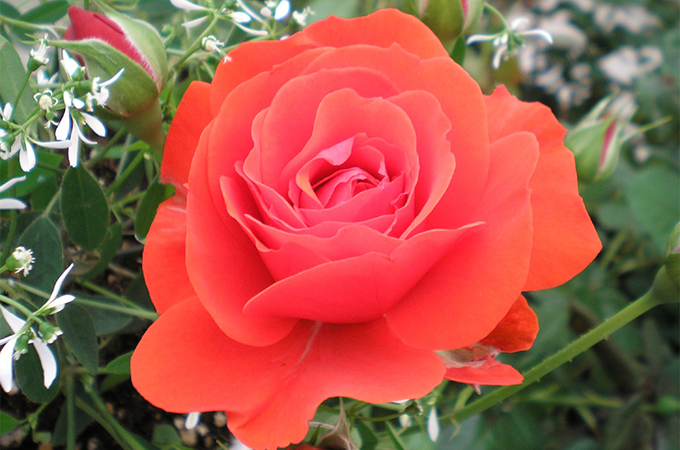
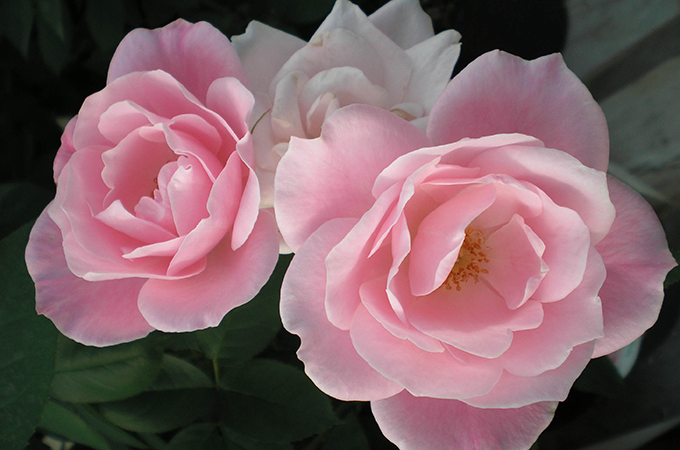
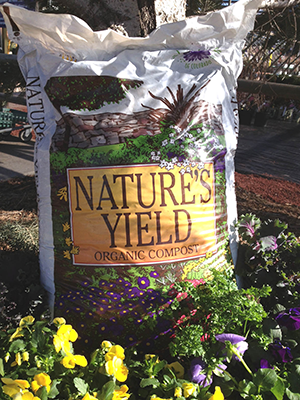 The perfect planting hole
The perfect planting hole